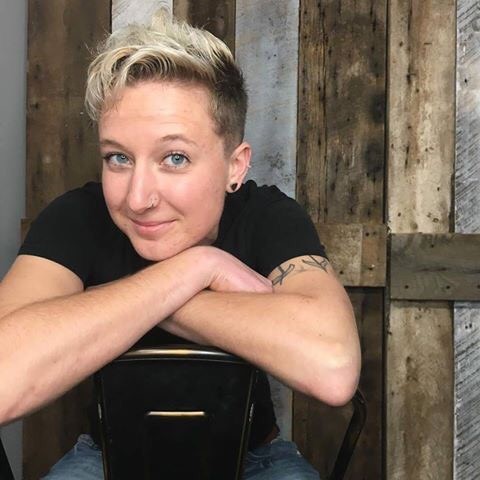Who I had and Who I Wish I’d had.
*Blog Disclaimer*
MCEDSV values the voices of all survivors. We acknowledge the power and change that can be created with perspective sharing based on one’s personal identities and experiences. It is our hope that after engaging with various narratives and perspectives, individuals are able to challenge their own belief systems and feel empowered to self-reflect on how to be an effective advocate, ally, and social change agent within the anti-oppression movement.
Furthermore, please note the views and opinions expressed in this section (Personal Narratives and/or Voices of Color) of our blog are not a direct reflection of the views and opinions of MCEDSV. To that point, views expressed are not applicable to every individual who shares an identity or set of identities with the original author. While you read, keep in the forefront that this is just one individual’s perspective in a diverse world, within our movement and beyond.
Dating as a teenager is complicated.
Putting words to our first romantic and sexual relationships during this growth period is a learning process that can often lead to bouts of awkwardness and confusion. Questions ruminate in your mind that are often blurred and not discussed like, are we dating? hooking up? Or are we just hanging out?
Talking to our support systems is a practice in creating shared meaning and values that will help us to set healthy boundaries in our relationships.
Speaking from experience, my parents were very strict and they thought if they could keep their daughters from dating they could protect us from experiencing sexual assault. I was told that boys were trouble and they only wanted “one thing”. I told my parents they had nothing to worry about; I was ok with not dating boys. I did not tell them that it was because I knew I was a lesbian. This gave me total privacy when it came to dating, but it also isolated me.
Being isolated didn’t help me in my work to develop values and boundaries around dating relationships. It also did not make me feel like I had safety and security. When I started dating a girl I was afraid to break up with her, because I didn’t think I’d meet another girl who liked girls. If I was on a date and felt uncomfortable, I didn’t have people I could call because then I would need to out myself.
I wish that when I was a teenager I’d had more people that I could talk to honestly about dating values, who would help me feel supported and understood, even though I was lesbian.
I wish that I’d had LGBT folx around me who were in committed relationships, who would share their coming out stories, and their meet-cutes. I wanted to hear what they liked about each other, and why they knew they belonged together. It also would have helped me to hear about the struggles that come after the honeymoon stage and how they handled them.
I wish I’d had single LGBT folx around me who were dating. So that when people said “There’s plenty of fish in the sea,” I’d believe them. So that I wouldn’t have stayed in a relationship because feeling accepted felt so good, and the thought of being alone forever felt terrifying.
I did have some people who made me feel supported and accepted as my authentic and queer self. Being able to talk to them freely helped me decide what I wanted and needed out of my dating relationships.
Today, my closest friends and I have had discussions about the values and boundaries that we want for our relationships. They know my values and boundaries. They reach out to me when they see those boundaries being crossed. I do the same for them. We are intentionally committed to looking out for each other.

Danielle Chauvin is a Program Manager for the New Service Provider training at the Michigan Coalition to End Domestic and Sexual Violence. If you or someone you know is a survivor of sexual violence, our trained advocates are available to talk 24 hours a day toll-free at 1-855-VOICES-4 (1-855-864-2374).
